|
Thanks to Green Newton for this valuable tip!
Vacation mode is a setting on your water heater that allows you to run at lower temperature than normal, saving energy and money. Typically, manufacturers set vacation mode to around 50°F, well below the temperature you need to for a shower, but warm enough to prevent freezing while you’re away. If you are going away for more than a few days, use the vacation mode setting, or if you have a digital readout, turn it down to 50°F. DON’T shut off the water heater entirely, to avoid potential freeze-ups or difficulties in restarting the heater. And when you return from vacation, don’t forget to turn the temperature back up at least one hour before you plan to shower. The temperature should normally be set to between 120° and 125°F, which usually corresponds to the “A” setting if your water heater control is marked as A, B, C, and VAC. Bon voyage! REACH OUT To Wellesley's Energy CoachEs For valuable, no-cost advice On CLEAN ENERGY TECHNOLOGIES1/22/2024
Wellesley Energy Coaching program offers valuable, no-cost advice from a volunteer expert trained in clean energy technologies. Take the first step now: complete this brief questionnaire. and an energy coach will reach out within 48 hours to schedule a personalized consultation. Our coaches empower you to explore, plan, and implement home weatherization, efficient air-source heat pumps, solar power, electric vehicles, and more. Whether you want to save money, improve your home’s energy efficiency, or take advantage of expert advice, we are here to assist you. Complete the questionnaire now and we will contact you within 48 hours. Please send any questions to [email protected]. This program is sponsored by Wellesley Municipal Light Plant, Wellesley Climate Action Committee, and Sustainable Wellesley. Published on December 8, 2023 by Jess Nahigian, Political Director, Sierra Club Massachusetts.
Thank you Sierra Club! On Wednesday morning, the Healey administration’s Department of Public Utilities (DPU) issued a transformative decision for the future of the Massachusetts energy system. The top-line takeaway? For the first time in the 15 years since Massachusetts passed landmark decarbonization legislation, the state has definitively said that gas heating is not in our long-term future. Moving off fossil fuels, including methane gas heat, will require the long-term decommissioning of our aging natural gas heating system in Massachusetts. But gas companies have continued to propose pouring ratepayer dollars into expansion projects. Last year, for example, Eversource set out to build a whole new gas system in the town of Douglas. They’ve also proposed a “redundancy” pipeline out in Springfield and Longmeadow pipeline. And all the investor-owned gas utilities, like National Grid, have forecasted increased gas use in their long-term energy outlooks in the past year. Yet this week, the state has finally declared that a widespread gas system is incompatible with our long-term climate targets. And it laid out the first required actions of many for gas utilities to change. So what did the state say, and why does it matter? In its decision, the state emphasized several points:
Utilities must prove “non-pipe alternatives” are non-viable and cost-prohibitive before using ratepayer money for new gas projects. The DPU chastised Eversource earlier this summer for not considering non-pipe alternatives in its Springfield-Longmeadow pipeline application. Thanks to excellent reporting, we also know that a non-gas alternative to meet Douglas’ growing energy needs was never seriously considered either. Non-pipe alternatives are the future. The DPU is now officially placing the burden of proof on utilities to show in every new gas proposal that there is no other feasible way to meet the energy needs they’ve identified. The transition away from gas must protect ratepayers, include equitable workforce development, and ensure a just transition for existing workers. The state underscores the importance of keeping energy rates affordable. To that end, the DPU declined to adopt an “exit fee,” or penalty, that the utilities wanted to charge people for disconnecting from the gas system. There are also hints that the state intends to address energy burden and affordability by looking into policies already in use elsewhere, like capping energy bills by percentage of income or offering varying levels of low-income discounts. Finally, the state acknowledges that workforce development and a just transition are essential and that disproportionately affected communities should benefit most from newly created jobs. The order also recognizes the importance of developing future policies that ensure a just transition for existing workers. The DPU says “Yes” to clean energy solutions. DPU is enthusiastic and optimistic about electrification and efficiency technologies, including geothermal districts. They will be encouraging these in pilots. (Read more below.) Ratepayers will not pay for false solutions like “renewable” natural gas (RNG) and hydrogen, except in hard-to-decarbonize cases. In order to justify continued investments in the gas pipe system, utilities have claimed the system is required for false solutions like “renewable” natural gas and hydrogen. However, “renewable” natural gas, or biogas, has continuing questions of cost, supply, and decarbonization potential. Hydrogen is an uncertain fuel source in the best of circumstances. How hydrogen is made, through fossil fuels or clean energy, matters. Even assuming we are creating hydrogen with green energy, using hydrogen would require replacing all our pipes and appliances to use them safely. There may be uses for hydrogen in hard-to-electrify circumstances, like industrial heating, where very high power energy is needed. But few people are manufacturing steel in their homes, so we anticipate this will be rare. Ultimately, the DPU has stated that utility shareholders will be required to foot the bill for these speculative technologies. Ratepayers will not pay for other decarbonization “strategies” designed to keep the gas system alive or marketing for expanding gas. Utilities have also argued that “hybrid” heating solutions offer a viable pathway for decarbonization. Utilities wanted to allow buildings to receive incentives to change to electric while maintaining a connection to the gas system and continuing to heat a large percentage of the building with gas, under the assumption that one day, the gas could be eco-friendly. The DPU disagrees. Over time, the cost of maintaining the entire gas system while also installing electric heating will outweigh the benefits. Hybrid systems rely on assumptions and unproven claims about the potential utility of the gas system in the future. Given the high costs and dubious environmental benefits associated with them, the DPU rejects the use of ratepayer dollars toward hybrid electric pilot projects. The DPU is also prohibiting the use of ratepayer dollars towards marketing, direct promotion, or indirect efforts to promote gas expansion. Utilities will be accountable for creating emission reduction plans and running pilots of targeted decommissioning projects. If we are to switch to a renewable energy system run on electricity, the gas and electric sides of the utilities must coordinate. To encourage this and hold utilities accountable, the state will require the utilities to file a “Climate Compliance Plan” every five years, starting in 2025, which will explain how they are reducing their emissions in line with state targets, piloting decommissioning projects, and doing it in an equitable, safe, and reliable way. By 2026, each gas utility company must also propose at least one pilot to decommission an area of its system with pressure/reliability issues, leak-prone pipe, and/or environmental justice populations. What isn’t addressed? The decision does not expressly ban utilities from adding new customers to the system or expanding gas infrastructure. And it declines to make a recommendation on how to address the Gas System Enhancement Plan that replaces aging pipes because there is other, ongoing work to fix the program. It also doesn’t offer recommendations on improving public participation in energy siting, which is being addressed in a separate docket at the DPU. Final takeaways This is a success of good governance and effective advocacy. Dedicated civil servants in this administration are utilizing the legal tools given by the legislature to fulfill their mandate to reduce emissions and maintain safety, security, reliability, equity, and affordability. This decision acts in the best interest of the people, not utility executives. The grassroots are winning. This success was only possible because of the tireless efforts of local advocates. Whether pressuring for this docket to be opened, advocating for a pause on gas expansion and a future with cleaner heat, or pounding the pavement to elect leaders who will act in the interest of the people and the planet, grassroots power shines out strongly in this decision. Thousands have signed petitions, rallied, testified, and spoken with decision-makers. And we are winning. This is a model for the country. This precedent-setting decision will reverberate well beyond Massachusetts. Sierra Club attorneys are actively participating in similar “Future of Gas dockets” in several other states for which this order will serve as an example, including California, Colorado, Minnesota, Nevada, New Jersey, New York, Oregon, Rhode Island, and Washington. We are also advocating that additional states also open Future of Gas dockets. This is only the beginning. This decision sets up a framework for future deliberations around equity, rate structuring, asset management, and more. This is just one segment of a long, unfolding chain of progress. Much work lies ahead to ensure the vision of “Beyond Gas” is implemented effectively and equitably. But for now, let’s celebrate. As part of Massachusetts' STEM Week, The Wellesley Public Schools are focusing on Sustainability in Wellesley. The first program will be on October 20, 2022, from 6:30-7:30PM in the WHS Auditorium. All are Invited to a talk by Dharik Mallaprgada of the MIT Energy Initiative. Dharik will discuss electricity’s role in climate change and what likely changes are feasible in our future. The talk will be followed by a reception with light refreshments. The event is free and open to the public. Recommended for middle & high school students and adults.
RSVP HERE today. It’s that time of year again! Time for beach outings, barbecue gatherings, and boat excursions as well as a critical time to be aware of our electricity use and its impact on our electric rates and the environment.
During the hottest days of the summer months, as we crank up our ACs, our system-wide use of electricity reaches the highest, ‘peak’ levels for the year. To meet the extreme electric demand, the grid operator—ISO-New England—turns to “peaker plants,” the power generators of last resort. These power plants are generally the dirtiest and most expensive, running on gas and oil and selling their power at extremely high rates. Peaker plants are only necessary for the highest demand hours, about 2 – 7% of the year in full. In the graph below, you can see how the grid ramps up power from oil and gas peaker plants as electric demand grows. As demand grows, price skyrockets. At last summer’s price peak on June 30, wholesale electric prices per MWh were over ten times the average for the year. Peak hours have such a big impact on our electricity costs, that thirty percent of our electric bill is directly related to the amount of electricity Wellesley uses for just one hour during the entire year. That one hour is called the peak demand hour. Peak electricity is expensive and dirty—but you can help. Sustainable Wellesley and the Wellesley Municipal Light Plant (WMLP) encourage you to join the campaign to “shave the peak” this summer. The WMLP can usually predict when peak events will occur a day in advance, so you can plan to reduce demand during the hours of highest electric use. Sign up for Shave the Peak alerts and receive notifications through email (send an email to [email protected] with the subject and body blank), or follow them on Twitter, @MLPWellesley, to know when an electric demand peak is anticipated. Then it’s as easy as turning up your AC thermostat a few degrees or delaying usage of electrical appliances such as car chargers, dehumidifiers, pool filters, or clothes dryers until after the peak. This minimal commitment offers you an opportunity to practice mindfulness not only for yourself but the environment too. Help us meet our goal of reducing peak demand below our historic level! You can also track our campaign to reduce our peak on the WMLP website: Shave-the-Peak. After each peak event you can see how we did compared to our goal. Get your friends and family to join our campaign, and watch our peak shrink as your savings grow and Earth benefits. The Wellesley Recycling & Disposal Facility (RDF) is supplying food waste collection starter kits for your kitchen in an effort to increase food waste diversion from residential trash. Collecting your food waste separately keeps it out of a landfill and creates clean energy; furthermore, it’s easy.
Call the RDF ahead of time to reserve your no cost kit at 781-235-7600 x3345. Then, simply put all of your food waste (bones too!) in your bin at home. Then place it in the the green totters marked "FOOD WASTE" located by the trash compactors at the RDF. The food waste is then taken to a facility where it is turned into clean energy. So get your kit and start diverting food waste today! Get Off Of Gas To Improve Your Home & Your Health - Mass Climate Action Network Speaks 11/198/29/2021
Did you know that 56% of emissions in Wellesley come from our buildings, and more than 50% of those building emissions come from our homes?
How can we change that? Get inspired by Sarah Dooling, Executive Director of the Mass Climate Action Network, at her "Better Buildings, Healthy Communities" presentation on November 19th at 7pm. Register here. There are many opportunities for Wellesley residents to moving off of gas and move towards electrification which has numerous benefits including:
Let us know how you have, or plan to transform your building from a polluter to a healthy and environmental protector. The best way to do that is switch out fossil fuel heating sources. Thus if you, neighbor, friend, work colleague or family member is considering replacing/buying a heater, have them come to this event and/or call the Wellesley's Municipal Light Plant to learn about their Clean Comfort air source heat pump and other incentives initaitves. |
Categories
All
|
Sign up for updates! |
Contact |
Support us! |
Follow us!Copyright © 2024 By Sustainable Wellesley
|


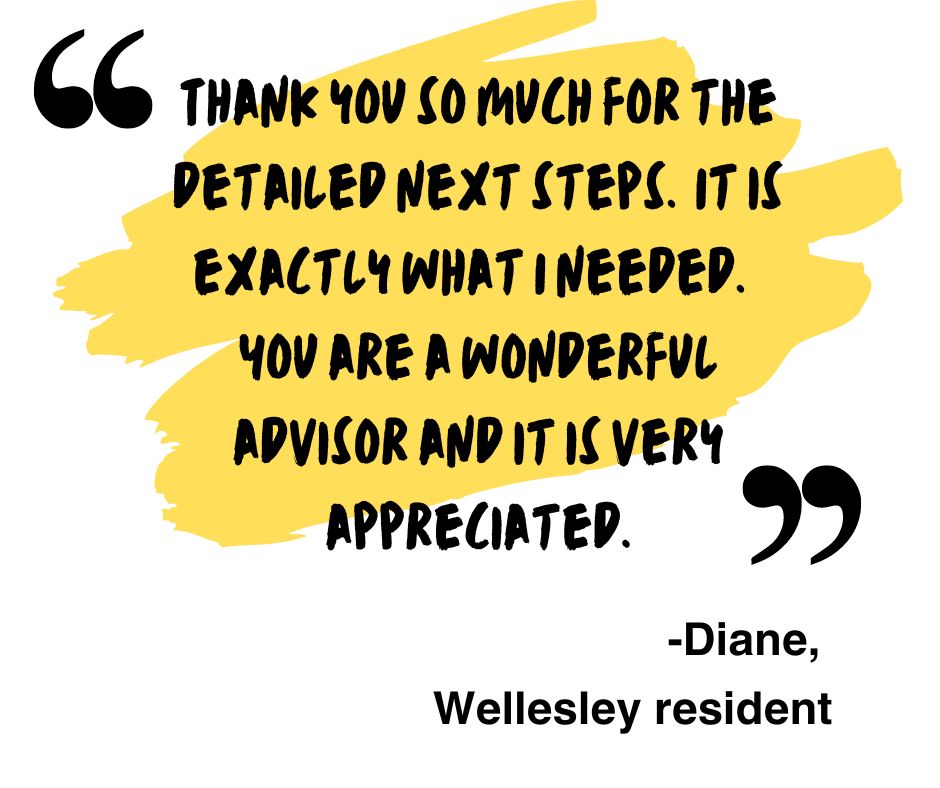
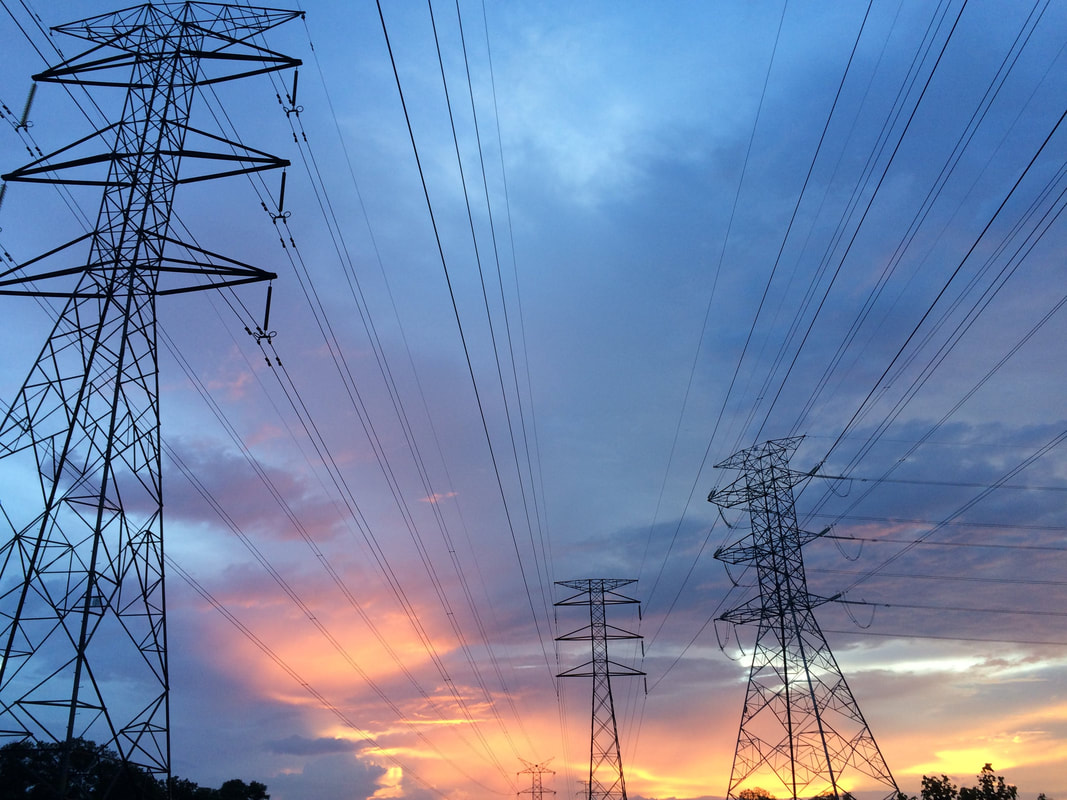
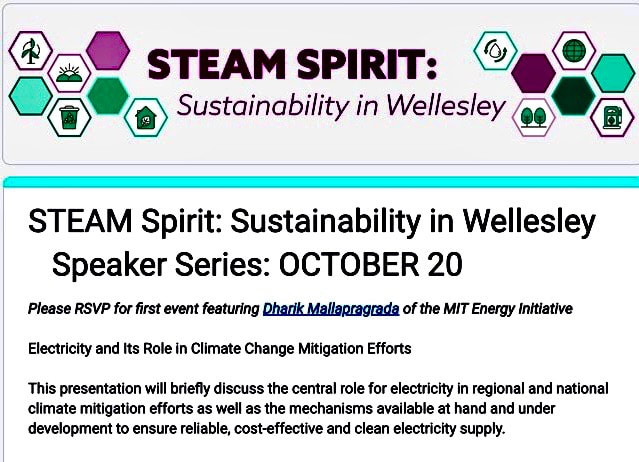
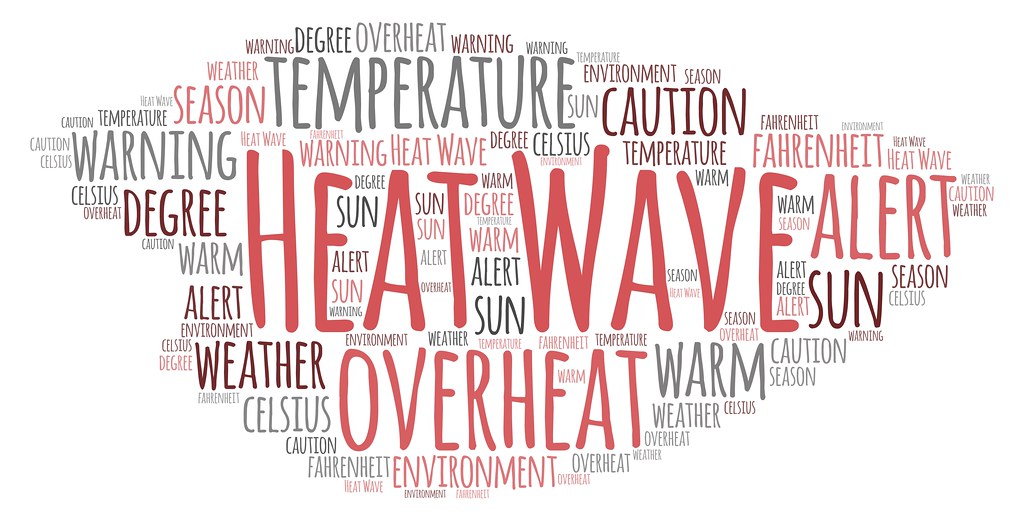
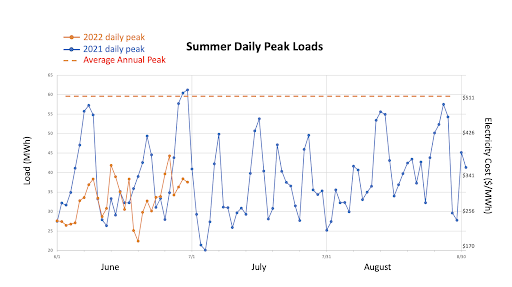
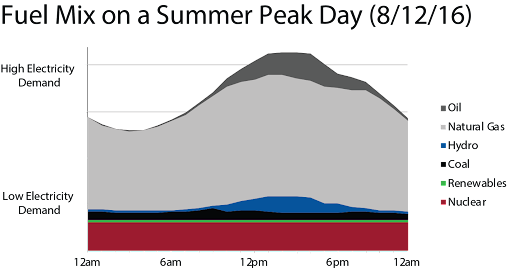

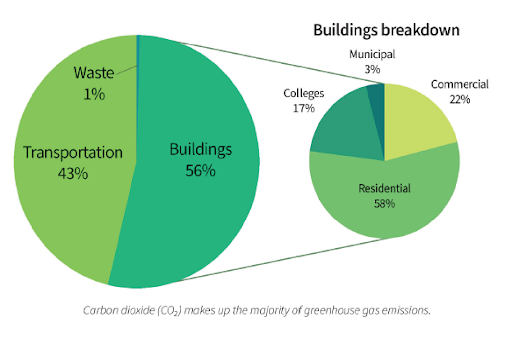
 RSS Feed
RSS Feed